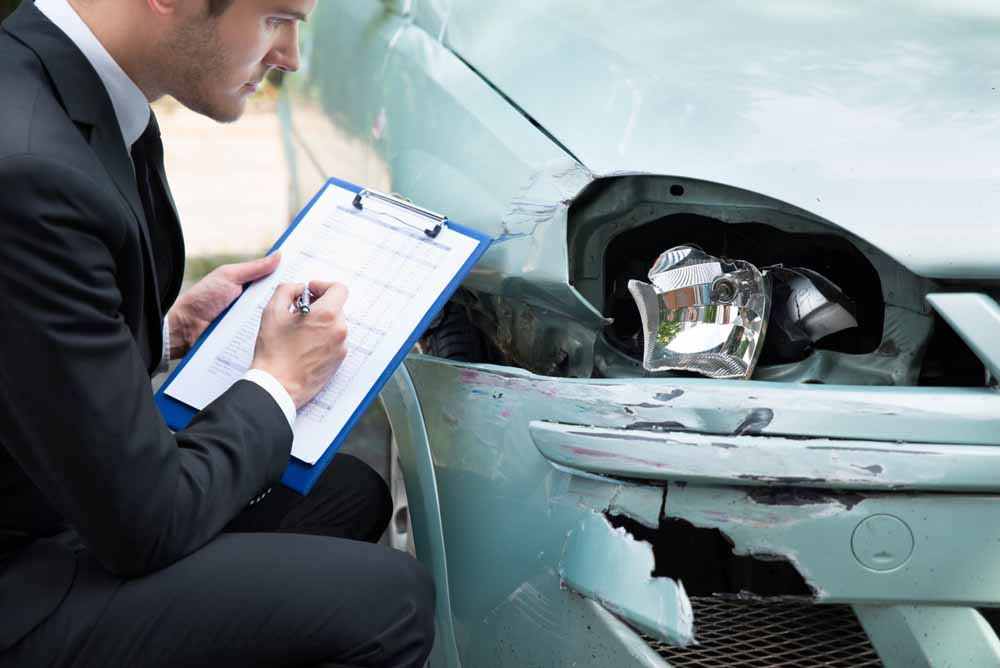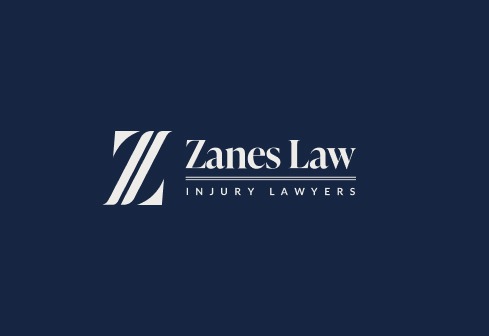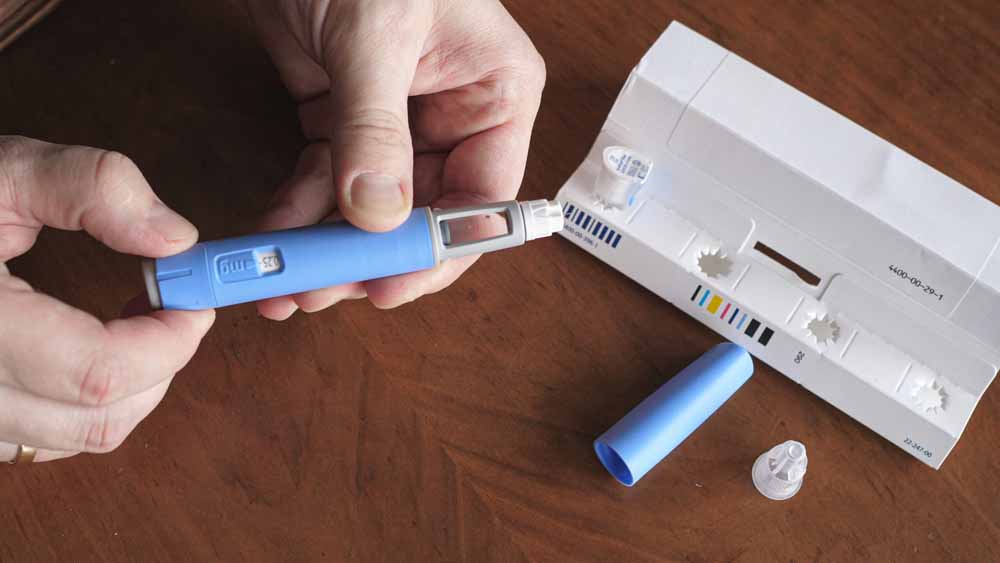One vehicle crashing into another is a potentially devastating event. But when the dust settles, who takes the blame? Figuring out fault in car crashes can be a tricky business, as the result may be determined differently depending on the given situation.
Fault might be decided at the accident scene based on witness and driver testimony, or it could be settled further down the line by insurance companies, in arbitration proceedings, or even in court before a jury.
How fault is allocated in an accident can impact the compensation you receive, so it’s best to have a Phoenix car accident attorney looking out for your interests. Find out more about how car insurance companies determine fault after a crash, and what steps you can take to preserve your claim for compensation.
What is Fault?
In most cases, fault refers to the person whose negligence caused the accident. For example, if a driver rear-ends you at a stoplight or violates traffic laws, determining fault is considerably more accessible than in a case where the blame may go either way.
However, when both drivers may have been negligent in some way, it can be difficult to prove who had more responsibility for the crash. In these cases, most states allow insurance companies to collect evidence from all parties involved and decide who was most liable for the accident.
In Arizona, as in many states, you may be assigned a percentage of fault for the crash even if it seems that the other person was wholly at fault. You may have been texting, speeding, or contributed in some way to your own injuries.
Multiple Parties Can Share Liability
The percentage of fault you are assigned in a crash will reduce your compensation proportionally. For instance, if you were offered $100,000 in damages but were 20% liable for the collision, you would only collect $80,000.
Since $20K is not chump change, you want your liability in an accident to be as low as possible.
The way liability is determined by the insurance company is critical. A car accident lawyer can help you gather evidence and tell your story to the insurance company. An attorney will craft legal arguments to combat claims of liability against you and negotiate for higher compensation on your behalf.
How Is Fault Decided?
Fault after a car accident can be a very complicated matter. Generally, insurance companies are tasked with determining who is at fault and who should be liable for any damages. In most cases, fault is determined using state laws and certain details from the accident itself.
These details may include:
- The evidence collected at the scene
- Photos or video footage
- Traffic camera or surveillance video
- Eyewitness statements
- The speed of the vehicles involved
- Whether either driver was impaired
- Whether either vehicle experienced mechanical issues
Additionally, factors such as previous driving violations, weather conditions, and points of impact can also be taken into account.
When assessing fault in a car accident, insurance companies typically use an established list of criteria to help evaluate liability. For example, some states have laws that assume any rear-end collisions are the fault of the driver in the back.
In addition to this, some states, such as Arizona, have comparative negligence laws that allow both parties to share liability depending on their individual levels of responsibility for the incident. Insurance companies must consider every aspect before making a final decision about liability.
How Long Do I Have to File a Personal Injury Claim for a Car Accident in Arizona?
One major factor affecting a personal injury claim in Arizona is the statute of limitations. According to ARS 12-542, any lawsuit for damages must be filed against the responsible party within two years from the date of the accident.
This means that if an individual does not seek legal action within this deadline, they lose their chance at ever collecting any compensation from the offender for damages incurred. The statute does not apply when filing an insurance claim.
However, most insurance policies have strict rules and usually require you to initiate claims within a matter of days following an accident. Some exceptions may apply to this deadline, depending on your case. An auto accident attorney can help explain the legal deadlines in your situation.
How Can a Lawyer Help Me With My Case?
When filing a personal injury claim after a car accident, it is important to enlist the services of a qualified and experienced car accident lawyer. An attorney can provide invaluable guidance, assistance, and support throughout the legal process. We strive to ensure that fault in a car crash is assigned properly.
Our team ensures that all deadlines are met, and appropriate paperwork is filed correctly and in good time. During the investigation into your accident, we will collect and review evidence such as eyewitness statements and police reports.
We will use this evidence to prove negligence and establish fault in order to build a strong case for your compensation. Finally, we may consult with financial or medical experts to understand the scope of your injuries so that damages may be properly calculated.
Contact a Lawyer for Help With a Car Accident Insurance Claim
After experiencing a serious auto accident, individuals are often overwhelmed by the extensive medical expenses, rehabilitation, and property damage. In such cases, working with an experienced car accident lawyer can assist in navigating an accident claim’s complexities.
When the insurance company determines fault in an accident, you need legal representation on your side to protect your interests and your legal rights.
The personal injury attorneys of Zanes Law can evaluate your case and advise you on the best course of action for pursuing compensation from the at-fault party. We accept cases on a contingency fee basis, and the initial consultation is free. There is no risk to find out how we can help. Contact us today.




